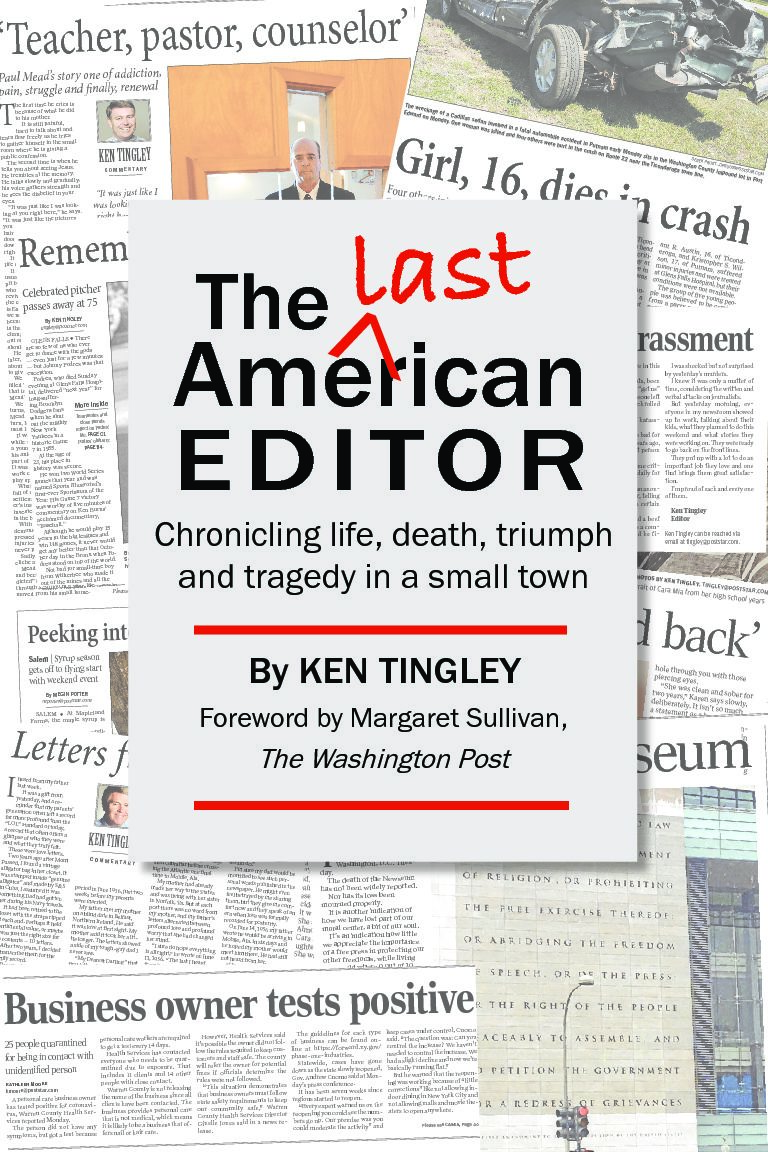I have always loved to read and write, and people said I wrote very well. For me, writing well meant knowing all the right expressions and word combinations: this usually goes with that, and so and so and so. Armed to the teeth, with bated breath, close but no cigar, dressed to kill, fall on deaf ears, speak louder than, from the bottom of the heart, etc.
When a given cliché was used for the first time, it was inventive and precise, that’s why it worked so well. And because it worked so well, it became overused. Until it eventually lost all impact.
When a reader stumbles across a cliché, they barely register it. It’s so battered it’s like an old piece of clothing that has been washed a million times, all color faded. That’s why it’s so important to avoid clichés: they steal away color from your text.
When you replace them with something new and unique, the text and the idea attached to it leap out the page, enriching your work and gratifying the reader: it’s a brand-new piece of clothing with bright colors.
While I thought I wrote so well because I knew all the right expressions, I was in fact a cliché encyclopedia! I became aware of my “cliché expertise” while attending a writing workshop in Brazil. The instructor recommended a cliché dictionary in my mother tongue, which is Portuguese, and I used it as a guide for a cliché hunt in my book.
Some clichés were superfluous and could be simply axed out. Others forced me to come up with substitutes and, as a result, my work gained more creative metaphors. And some clichés even crossed borders and were present in both English and Portuguese: for example, “speak louder than”, among many others.
Interestingly enough, it may happen that a cliché falls into oblivion for such a long time its condition is reversed and it no longer feels like a cliché. The same way language changes, so do its common places.
If you really can’t get rid of a cliché, you may be able to revamp it. I remember writing the sentence “It was pathetic how biology spoke louder than reason.” Unable to find a better alternative, I revamped it: “It was pathetic how biology spoke louder than reason. No, not speak, no: biology yelled and tap danced, while reason moaned and crawled in agony.”
I strongly recommend you check out a cliché dictionary to identify common places in your writings. Take it with a grain of salt though (pardon the cliché!), as there are a few exaggerations too.
A cliché dictionary, for example, included an entry for “body language”, which is farfetched in my opinion. Also consider that clichés sometimes sit well in dialogue because that’s how people talk.
Now how can you recognize a cliché? It’s fairly easy: if you have seen it before, you’re most likely facing one.
~ Nicole Collet, author of Red and other works








Speak Your Mind